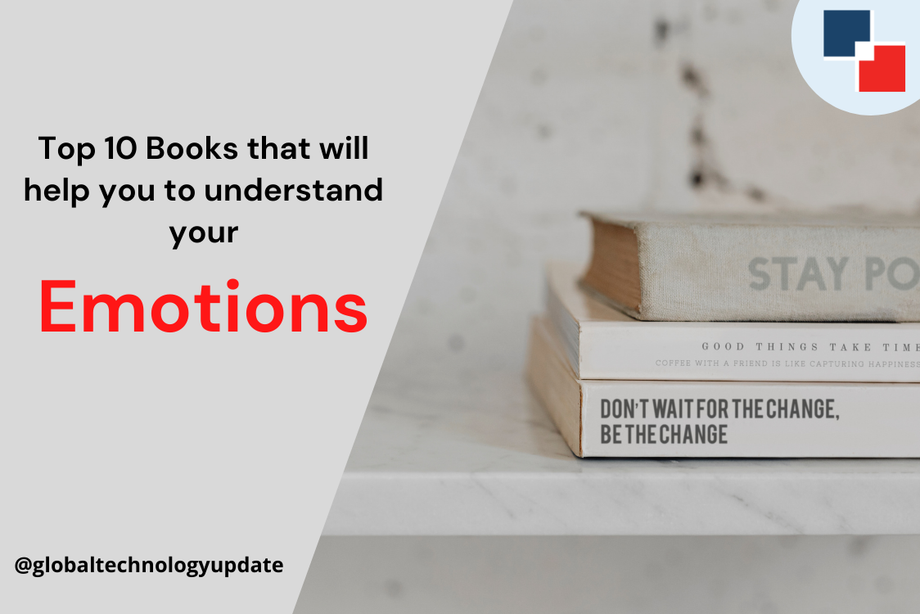Have you ever said something that you later regretted because you were angry? Do you allow fear to prevent you from taking risks that could actually benefit you? Is that true? If so, you’re not alone. Here, we are discussing the top 10 books that will actually help you to understand your emotions.
Emotions are extremely powerful. Sometimes it is tough to deal with your emotions. Your mood dictates how you interact with others, how much money you spend, how you approach difficulties, and how you spend your time.
Nobody wants to experience sadness, embarrassment, discouragement, hurt, grief, or anger. However, ignoring your emotions is not good for your health. Your emotions are communicating with you. There is more harmful to your body and well-being if you try to stop them.
How to control your own mood
Our emotions enable us to comprehend, connect with, and interact with others as well as with ourselves. Emotions inform us when we should lend support to a buddy, stand up for ourselves, or exit a situation. Feeling our emotions is part of how we stay alive and can help us live a more fulfilled life.
Here are three strategies for gaining greater control over your emotions:
-
Express Your Emotions
You should keep in mind that anger sometimes hides emotions that feel weak, like shame or embarrassment. So pay attention to what’s going on inside your mind.
Put a name to your emotions. Keep in mind that you can experience a slew of feelings at the same time, such as anxiety, frustration, and impatience.
By putting a name to your emotions, you can relieve much of the pain. Additionally, it might assist you in keeping a close eye on how those emotions are likely to influence your choices.
-
Change the way you think
Your emotions have an impact on how you interpret situations. If you’re worried and receive an email from your boss requesting an immediate meeting, you may assume you’re about to be fired. If you’re feeling good when you get that same email, you might assume you’ll be promoted or praised for a job well done.
Take a moment to consider the emotional prism through which you are perceiving the world. Then, rearrange your thoughts in order to arrive at a more accurate perspective.
If you find yourself concentrating on unpleasant thoughts, it may be necessary to shift the focus of your attention. A little physical activity, like going for a walk or cleaning your desk, can assist you in ceasing to worry.
-
Participate in a Mood-Boosting Activity
When you’re in a bad mood, you’re more inclined to engage in behaviors that support your mood. Isolating yourself, compulsively scrolling through your phone, or moaning to those around you are just a few of the common “go-to bad mood behaviors” you could engage in when you’re feeling down.
However, such things will keep you attached to your current situation. If you want to feel better, you must take good action. Consider the activities you engage in when you are joyful. While you do those things when you’re in a poor mood, you’ll start to feel better.
Books You Must Read to Improve Your Emotional Intelligence
1. Healing Your Emotional Self
2. Living Beyond Your Feelings

